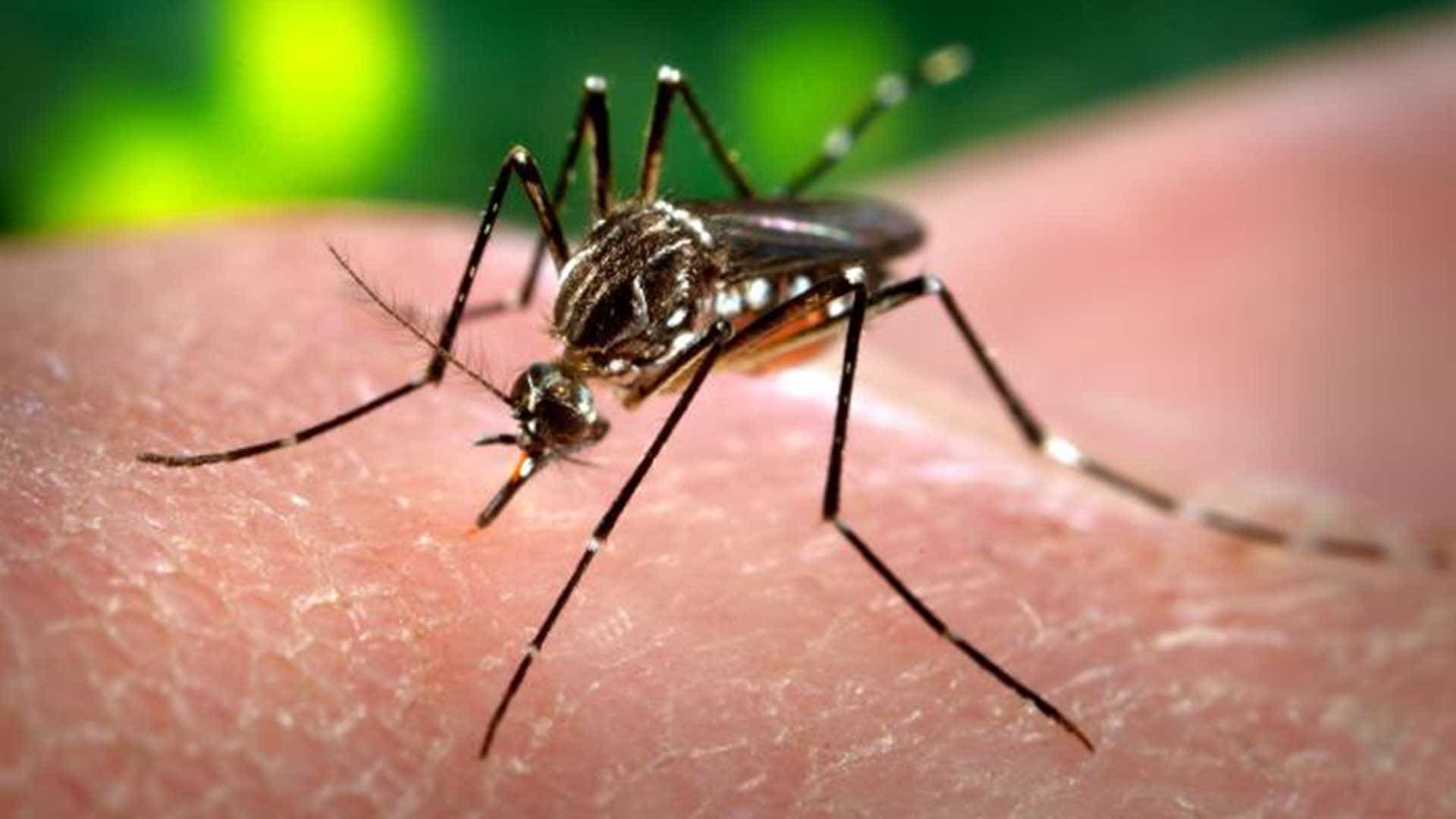Contents:
- Medical Video: HOW TO PROTECT YOUR SKIN!! MOST IMPORTANT SKIN CARE TIPS THAT SWIMMERS MUST BE AWARE OF!! FOOTLOOSE
- What is the function of chlorine in a swimming pool?
- What are the dangers of chlorine in pool water?
- Eye irritation
- Skin infection
- Respiratory system disorders
- Damage and discoloration of teeth
- Digestive system problems
Medical Video: HOW TO PROTECT YOUR SKIN!! MOST IMPORTANT SKIN CARE TIPS THAT SWIMMERS MUST BE AWARE OF!! FOOTLOOSE
Swimming is a very good type of exercise because you need to move your whole body against the weight of the water flow. In addition, swimming is also a good exercise to improve work and heart function, build endurance, while still eliminating some of the stressful effects of your body.
On the other hand, swimming pool water contains high chlorine. And not only chlorine is drying the skin and hair, there are a number of negative effects of chlorine water on the health of the body.
What is the function of chlorine in a swimming pool?
Calcium hypochlorite, better known as chlorine, is one type of disinfectant commonly used in swimming pool water. Chlorine is generally in the form of white powder which will split in water to produce oxygen and chlorine gas that smells pungent.
The function of chlorine in pool water is not only to kill pathogenic bacteria that are spread in pool water, but also to purify pool water. The use of chlorine in swimming pools must be adjusted to the concentration needed and the safe limits set by the regulatory body. The concentration of chlorine that is less able to cause pathogenic bacteria in the swimming pool is not cleared so that it can cause the spread of infectious diseases. While excessive chlorine concentration will cause health hazards because chlorine gas is left in the pool water.
What are the dangers of chlorine in pool water?
Chlorine in pool water can enter one's body through several forms and methods, both in the form of chlorine gas that enters through breathing, direct contact with swimming pool water with skin or eyes, and when pool water is accidentally swallowed by swimmers . Chlorine gas is the result of chlorine reaction with pool water which is toxic. If swallowed, this substance will cause damage to the tissues in the body. In addition, chlorine gas inhaled in high concentrations can cause narrowing of the ducts and swelling of the lungs.
Eye irritation
When reacting with organic substances such as swimmers' urine and sweat, chlorine will produce a compound similar to nitrogen trichloride. Nitrogen trichloride compounds can cause irritation to mucous membranes, which can cause eye irritation. Over time the eyes are often exposed to pool water containing compounds from the reaction can experience other visual problems such as cloudy cornea, iritis, retinitis, until the formation of cataracts.
Skin infection
Chlorine can cause skin irritation and burning sensation on the skin. Contact with swimming pool water containing excess chlorine will cause a red rash and skin infection. In addition, chlorine which reacts with organic matter will produce toxic substances that damage the skin. Children are far more susceptible to the adverse effects of chlorine toxins in swimming pools.
Respiratory system disorders
The respiratory system is one of the organs in the body that is most easily exposed to chlorine in the form of gases in swimming pools. The function of chlorine in swimming pools can cause several diseases in the lungs such as bronchitis and exercise-induced bronchoconstriction (EIB) or asthma triggered by exercise.
Asthma experienced by someone after swimming is often referred to as the term swimmer's asthma. It is not uncommon for someone with asthma to experience recurrence when swimming. This is suspected as a result of exposure to chlorine gas. In addition, chlorine compounds in chlorine can also cause epiglottitis, which is swelling and inflammation of epiglottis which interferes with the breathing process. Respiratory diseases due to swimming tend to occur more frequently in someone who swims in a swimming pool indoor with poor air circulation because of the air in the pool indoor will be filled with chlorine gas.
Damage and discoloration of teeth
The reaction of chlorine with pool water results in a high pH of swimming pool water. This pH imbalance causes several dental problems, such as discoloration and tooth decay. Chlorine is one compound that can cause discoloration in the teeth. The condition where the swimmer experiences discoloration in the front teeth is known as swimmer’s calculus. In addition to color changes, pH that is not balanced in the swimming pool also causes tooth enamel to soften and make teeth more susceptible to damage and make teeth more sensitive. In the long run, chlorine gas can cause corrosion in teeth, often referred to as swimmer's erosion.
Digestive system problems
When ingested, chlorine can cause various disorders of the digestive system. The most common disorder that someone suffers shortly after swallowing pool water is a burning sensation in the throat. If the amount of chlorine is swallowed enough, damage can occur to tissues in the body, especially along the digestive tract. In addition, if the concentration of chlorine contained in swimming pool water exceeds the safe limit, it can cause damage to the mouth, esophagus and stomach, which in severe circumstances can cause bleeding.
The function of chlorine in a swimming pool can actually cause various health problems. Not only on the outside of the body, but also disorders of the organs in the body. Therefore, some protection is needed when swimming, such as using swimming goggles, nose plugs, and must be careful in opening the mouth when swimming so as not to swallow too much pool water.












